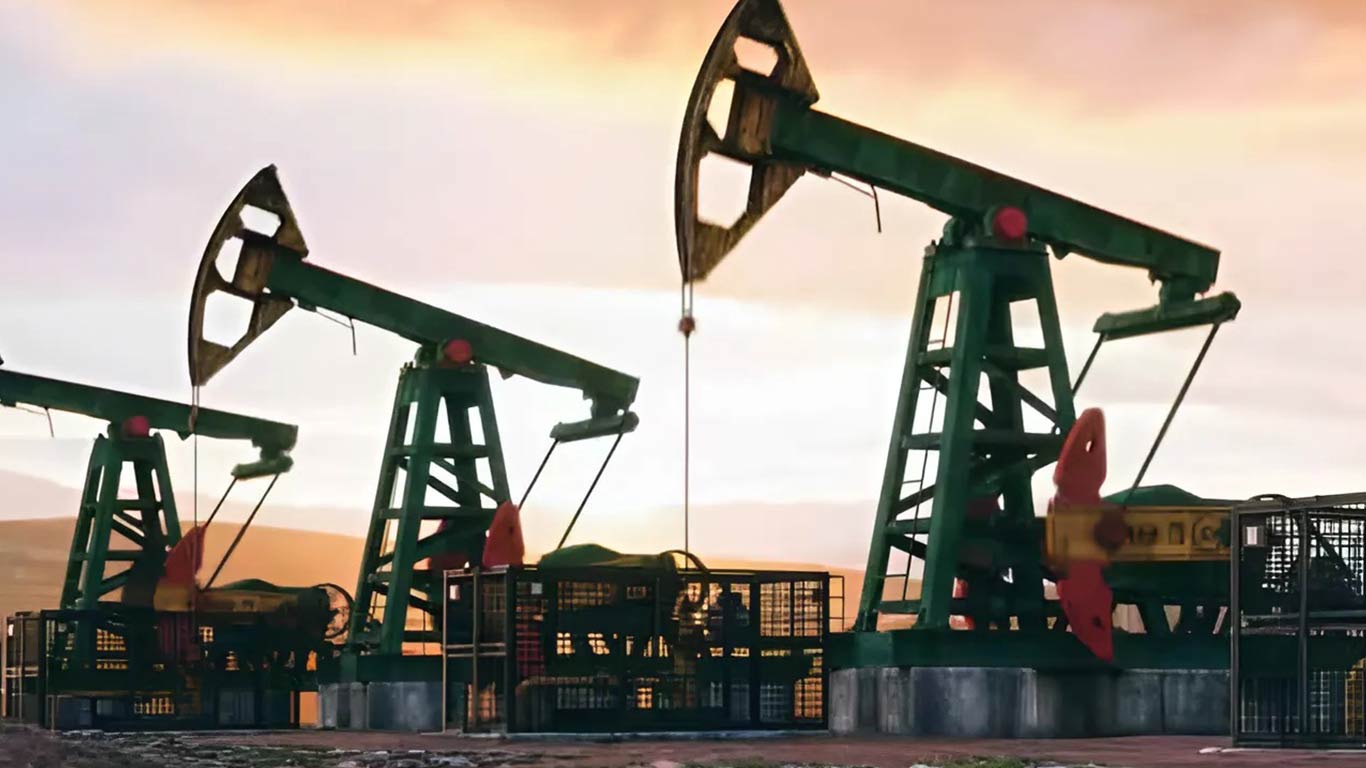Asian trade on Monday saw a drop in oil prices as a hurricane in the Gulf of Mexico had little impact on US output and heavy fiscal stimulus measures by China, the world’s biggest importer, were largely unimpressive.
Prices have continued to fall since Friday, following Beijing’s approval of 12 trillion yuan ($1.6 trillion) in new fiscal spending. According to ANZ analysts, the stimulus gaps were created to counter any challenges from a change in US government following the 2024 presidential election victory.
Chinese consumer inflation eased in October, while producer inflation fell for a 25th straight month, according to data released over the weekend. ANZ analysts said they were now looking ahead to China’s Politburo meeting and the Central Economic Work Conference in December.
In the Gulf of Mexico, Hurricane Rafael is expected to weaken to a tropical storm and weaken over the next few days. The storm is currently expected to pose only a minor risk to the region’s oil production, implying minimal disruptions to supplies. However, severe sanctions on Iran and Venezuela are expected to cut off part of the world’s oil supply.

